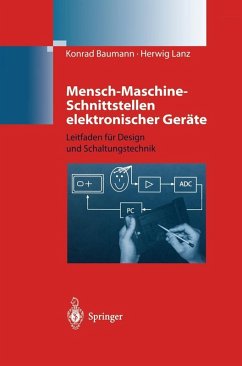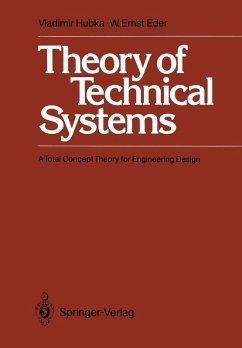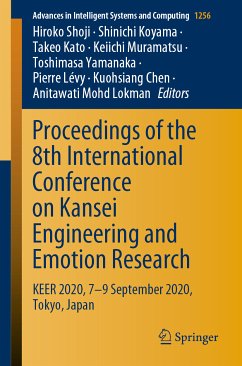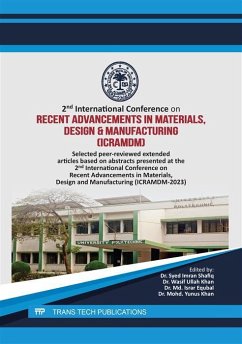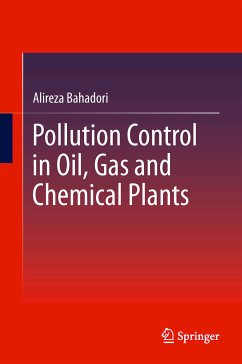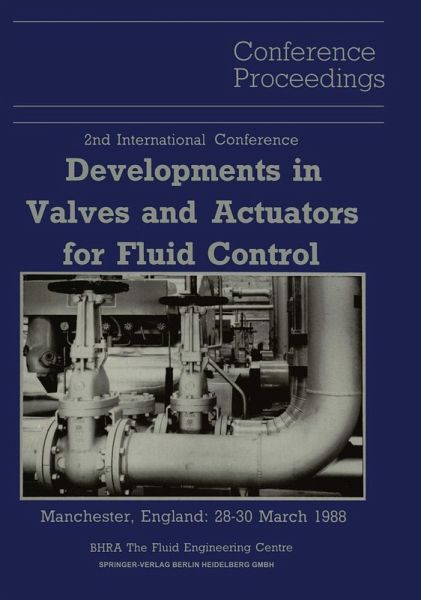
Proceedings of the 2nd International Conference on Developments in Valves and Actuators for Fluid Control (eBook, PDF)
Manchester, England: 28-30 March 1988
Redaktion: Wood, Peter; Grove, Lorraine
Versandkostenfrei!
Sofort per Download lieferbar
113,95 €
inkl. MwSt.
Weitere Ausgaben:

PAYBACK Punkte
57 °P sammeln!
The flow of two-phase mixtures through restrictions. is a complex phenomenon that to date has not been fully described analytically. It is an area that received a geat deal of attention because of its application to nuclear reactor technology. The majority of the work done in this area considered ideal geometries such as nozzles, orifices and straight pipes. In the area of control valves very little work has been done. Brockett & King [1] studied subcooled water. Stiles [2] looked at subcooled freon. Martinec [4] compared subcooled freon in valves with ideal geometries. Sheldon & Schuder [3) l...
The flow of two-phase mixtures through restrictions. is a complex phenomenon that to date has not been fully described analytically. It is an area that received a geat deal of attention because of its application to nuclear reactor technology. The majority of the work done in this area considered ideal geometries such as nozzles, orifices and straight pipes. In the area of control valves very little work has been done. Brockett & King [1] studied subcooled water. Stiles [2] looked at subcooled freon. Martinec [4] compared subcooled freon in valves with ideal geometries. Sheldon & Schuder [3) looked experimentally at airjwater mixtures through valves that resulted in a sizing procedure. Fagerlund [10] presented an analytical model that required use of the Sheldon & Schuder data to establish the behavior of valves as opposed to more ideal geometries. However, the data used was limited to a single valve travel. Fagerlund & Storer [11] have expanded this to include several valve travels that further generalizes the technique. It is the intent of this paper to summarize a practical approach to s1z1ng valves for two-phase service that may be reduced to either a graphical or calculator procedure. Discussion of Analysis A fundamental assumption in this method is that the quality remains constant between the inlet and the vena contracta. For gas-liquid flows it is obvious providing vaporization does not occur.
Dieser Download kann aus rechtlichen Gründen nur mit Rechnungsadresse in A, B, BG, CY, CZ, D, DK, EW, E, FIN, F, GR, HR, H, IRL, I, LT, L, LR, M, NL, PL, P, R, S, SLO, SK ausgeliefert werden.




